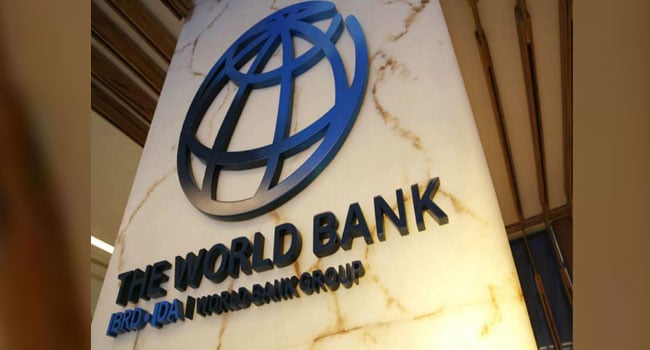The World Bank has dismissed Nigeria’s target of achieving single-digit inflation in the short to medium term, citing structural challenges, supply constraints, and global pressures as insurmountable obstacles. The revelation casts doubt on the optimism from parts of the government and market actors who believed inflation could be tamed quickly.
The World Bank’s latest forecasts and comments by its Nigeria Country Director, Emily Fay, Nigeria’s inflation is projected to remain elevated. Fay argued that, despite policy efforts, reaching single-digit levels would require sustained fiscal discipline, bolstered food supply chains, improved local production, and resilience against external shocks.
Data from the Central Bank of Nigeria shows that inflation has been on a gradual decline in recent months, but is still well above the single digits. For example, August’s headline inflation was recorded at around 20.12 percent, down from earlier peaks but far from the government’s aspirational benchmarks. These numbers confirm that while disinflation is happening, it is a slow journey.
In its analysis, the World Bank highlighted Nigeria’s heavy dependence on imported goods, especially for food and raw materials. The bank said foreign exchange volatility, supply disruptions, and rising global commodity prices create upward pressure on domestic prices. It emphasized that unless Nigeria reduces its import bill through local production and reforms tariff and regulatory bottlenecks, inflation will remain stubborn.
Beyond external pressures, the World Bank also flagged internal constraints. Poor infrastructure, weak transportation networks, high logistics costs, insecurity, and fragmented markets all contribute to price stickiness. In many regions, farmers struggle to transport goods to markets or access fertilizer and seeds at affordable rates, which then feeds into higher food inflation.
The bank also underscored the importance of monetary policy consistency. It stressed that ad hoc interventions, shifting forex policies, and unclear communication risk undermining investor confidence and causing price expectations to remain high. In that context, it called on the Central Bank of Nigeria to maintain a clear and credible policy direction.
For the government, this assessment is a warning. Nigeria’s authorities have repeatedly set ambitious macroeconomic targets, including lowering inflation to single digits, to signal control and build confidence. The World Bank’s caution suggests that such goals may require multi-year structural shifts rather than quick fixes.
For Nigerians, the consequences are real. Persistent inflation erodes purchasing power, increases inequality, and coerces households into difficult choices. If inflation stays high, it stunts growth, pressures wages, and challenges the credibility of policymakers.
In sum, the World Bank’s recent evaluation places Nigeria’s inflation trajectory in a harsher light. It underscores that while decline is occurring, the path to single digits is fraught with obstacles. The report calls for unwavering commitment to structural reform, clearer monetary frameworks, and investment in local production to achieve lasting price stabilization. Government watchers, investors, and ordinary citizens will now closely watch whether policymakers adjust ambitions or double down on implementation in response.
Samuel Aina

